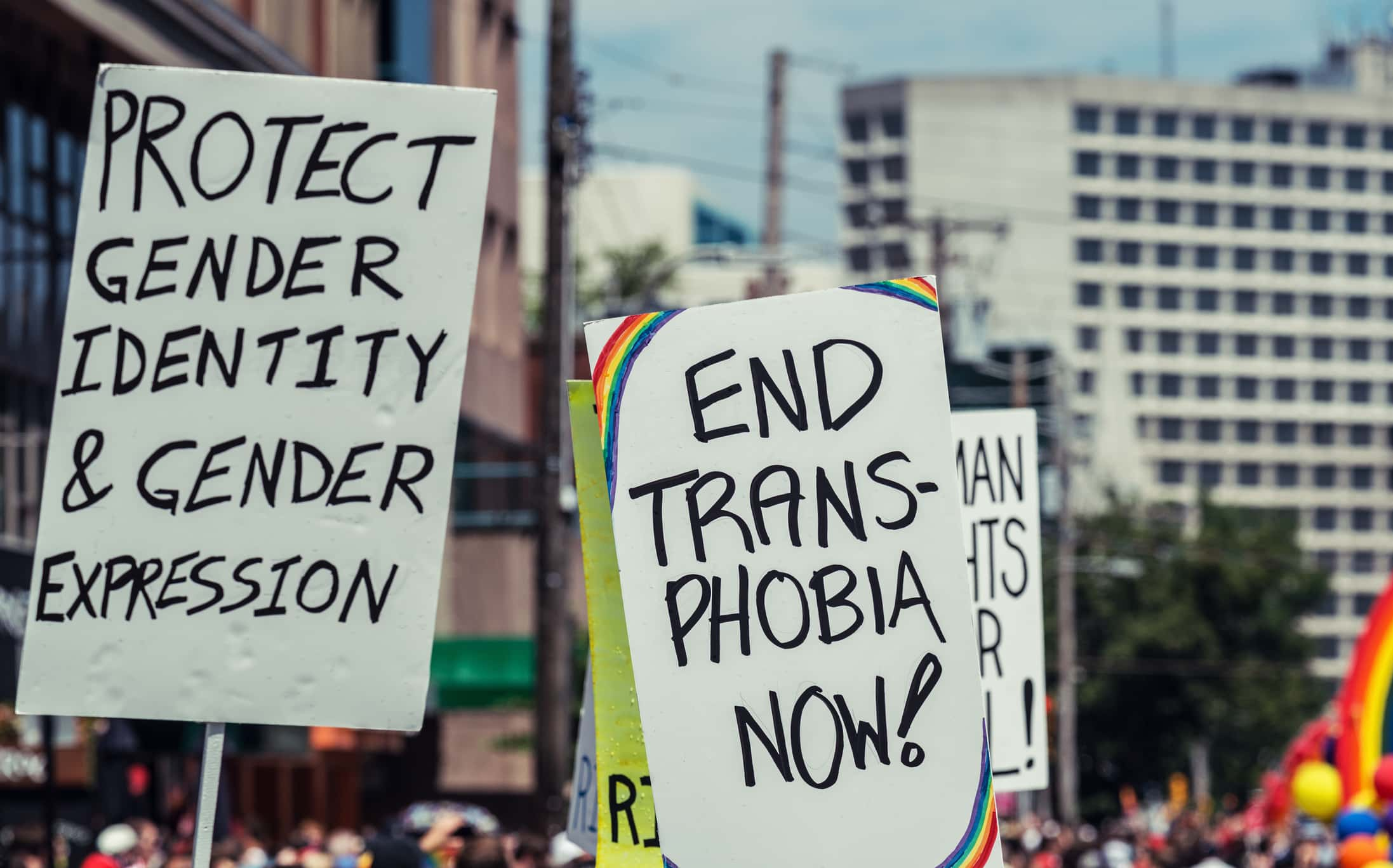Nearly one-third of LGBT+ scientists consider quitting their jobs because of workplace discrimination, new survey finds

While close to one-third or 28% LGBT+ scientists have considered leaving their jobs owing to discrimination towards them or due to the workplace environment, nearly half of the scientists who said they were trans have considered leaving their jobs because of the climate at work, with almost 20% of them regarding this often, reveal the shocking findings of a comprehensive survey on the working conditions of LGBT+ physical scientists.
LGBT+ in the study refers to lesbian, gay, bi, and trans plus other sexes, sexualities, and genders such as intersex, queer, questioning, asexual and pansexual. Strikingly, 25% of those who completed the questionnaire refused to answer questions about their gender and sexual orientation.
The survey of those working in the physical sciences in the UK and Ireland gives critical insights about the current workspace climate for LGBT+ scientists and was jointly conducted by the Royal Society of Chemistry, the Institute of Physics, and the Royal Astronomical Society. The researchers say if institutions are to retain talent and allow scientists to thrive, they must feel comfortable in the workplace, and this means “acknowledging, and working with, the human side of science” too.
“28% of LGBT+ respondents stated that they had, at some point, considered leaving their workplace because of the climate or discrimination towards LGBT+ people. Nearly half of all those who said they were trans had considered leaving their workplace because of the climate, with almost 20% of them considering this often,” the survey reveals.
The researchers further say, “It is one thing to advocate for diverse workplaces, and another to create a climate that supports them. Survey responses gave multiple examples of LGBT+ scientists leaving workplaces, or leaving science completely, in order to feel more comfortable. This is not good for science.”
For the survey, over 1,000 responses to the questionnaire were logged. Of these, 879 were currently in a physical sciences career, 637 of whom were working rather than studying, and this cohort forms the leading group for this report. Not all respondents gave answers to all of the questions.
The findings show that a significant proportion of LGBT+ physical scientists have experienced or observed exclusionary behavior. While 16% of all respondents have personally experienced harassment or other exclusionary behavior, 30% reported witnessing exclusionary behavior.
“LGBT+ respondents experienced higher levels of exclusionary behaviour (18%) compared to non-LGBT+ respondents (10%). Women experienced more exclusionary behavior than men, and non-binary respondents experienced significantly more exclusionary behavior than women. Transgender individuals also experienced significantly higher levels of exclusionary behavior, compared to cisgender,” says the paper.
Further, those working in chemistry reported more instances of exclusionary behavior than those in physics and astronomy.

The researchers say that 7% of respondents agreed that LGBT+ people feared job loss due to their sexual orientation. Further, 12% agreed that LGBT+ people feared job loss due to their gender identity, which rose to 45% of non-binary people and those who were trans.
According to the findings, while 60% of the respondents thought that their organization’s policies and procedures were supportive or very supportive of LGBT+ staff, 17% felt that they were generally lacking or even discriminatory. Those who described themselves as out to everyone felt their organizations’ policies were more supportive as compared to those who were not out at all, they add. “The culture of science is one that has long been considered to lean away from overlap with someone’s personal life, and for LGBT+ scientists this can make it difficult to find occasions to come out or to find other LGBT+ scientists in their workplaces,” say the researchers.
They add, “Trans people overall reported a much stronger feeling than other groups that policies were not inclusive of their needs, that their co-workers were not able to have considered conversations about trans issues, and that simple indicators of respect, such as using the correct pronouns, were not used,”
Almost 70% reported that the climate for LGBT+ people was improving. However, those from the LGBT+ physical sciences community consistently felt less supported than their non-LGBT+ peers and experienced more discrimination and harassment. Further, despite having reported an overall comfortable and LGBT+ supportive environment, 15% of respondents felt that LGBT+ people were expected to be secretive, with 23% of teachers saying this. Likewise, almost 20% felt that LGBT+ people were pressured to not come out with higher proportions (28%) of teachers again reporting this.
Nearly half of all respondents (49%) agreed there was an overall lack of awareness of LGBT+ issues in the workplace. The researchers recommend that support for LGBT+ staff needs to be visible and not just in place on paper. The findings call for auditing all workplace policies and provisions to ensure that LGBT+ staff is specifically protected.
“Training that supports LGBT+ staff could be used more effectively in nearly all work environments, including training on transgender inclusion and correct pronoun usage, and bystander training. LGBT+ staff groups should be consulted in the development of training, and be given the opportunity to participate in its delivery, to ensure relevance and increase the visibility of LGBT+ staff. Providing a non-judgemental space for difficult questions, and practical advice on how to use language and deal with difference is essential,” the researchers recommend in their findings.










